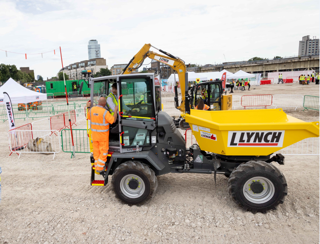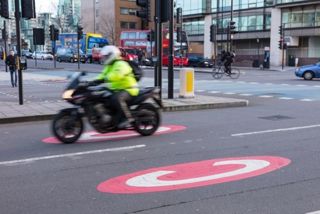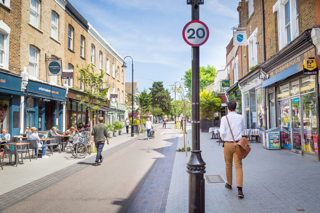Uber has said that it will challenge Transport for London (TfL) in the courts “to defend the livelihoods of drivers”.
The jobs of more than 40,000 licensed drivers have been put at risk after TfL informed Uber London on Friday (September 22) that it will not be issued with a private hire operator licence after expiry of its current licence on September 30.
TfL has concluded that the operartor is not fit and proper to hold a private hire operator licence. It considers Uber's approach and conduct demonstrate a lack of corporate responsibility in relation to a number of issues which have potential public safety and security implications.
Uber said: "Drivers who use Uber in London are licensed by TfL and have been through the same enhanced DBS background checks as black cab drivers.
"We have always followed TfL rules on reporting serious incidents, with a dedicated team that works closely with the Metropolitan Police."
However, London Mayor Sadiq Khan, who is also chairman of TfL, defended the decision. He said: "I know that Uber has become a popular service for many Londoners - but it would be wrong for TfL to licence Uber if there was any way this could pose a threat to Londoners' safety or security.
"As mayor of London I welcome innovative new companies that help Londoners by providing a better and more affordable service, but providing an innovative service is not an excuse for not following the rules."
The Private Hire Vehicles (London) Act 1998 includes provision to appeal a licensing decision within 21 days of it being communicated to the applicant. Uber London Limited can continue to operate until any appeal processes have been exhausted.
Paul Loughlin, a motoring law specialist and solicitor at the law firm Stephensons, said: “Uber is almost certain to appeal this decision and it has 21 days in which to do so.
“With Uber’s TFL license due to expire on 30 September, there is likely to be a significant interruption in service and financial implication in one of the company’s biggest markets, regardless of how quickly the legal teams are able to lodge an appeal.
“This will be heard first by the magistrates’ court and then – should the initial appeal be unsuccessful – by the Crown Court.
“Any hope of overturning the decision lies with the seriousness of the issues that TFL has highlighted. It is likely that the court will look closely at concerns around public safety and security and Uber will need to consider how it can demonstrate a willingness and ability to address these concerns.
“However, if the court decides that these issues are deep rooted in the business model or that the problems are of an unacceptable scale, then the outlook seems bleak for Uber’s future in London.”
Read more on TfL’s decision in the October 12 edition of Fleet News.























Nigel Boyle - 25/09/2017 11:07
Is this really about the livelihoods of drivers, or the profit of Uber? Before Uber, who were on the scene only a few years ago, many private cabs existed, quite probably the same drivers. They will simply have to go back to business as it always was and let the black cabs have their market share back. A safer method of transport with a mobile app if wanted (Gett is one example)